Marriage has long been central to the study of kinship and family and to imaginings of culture, identity and citizenship. If the deeply gendered nature of marriage has been critiqued by feminist researchers, the conjugal contract has been the subject of debate in the legal domain and the economics of marriage and of the wedding ceremony figure in the discourse on development.
Engaging with these and other strands is Marrying in South Asia, a volume which looks closely at Bangladeshi, Pakistani and south Indian Muslims, Bhutanese ethnic groups, Nepali widows, the Sri Lankan Tamil diaspora, south Asian gays and lesbians, middle class and urban, working class communities and many other groups. With the globalising world as the backdrop, the essays trace the encounters with changing notions and practices of marriage. The book examines processes that make a marriage, the implications of non-marriage or its end and the acknowledgement of multiple sexualities, as well as the contestations and conflicts, including in the law courts, that are part of the institution. The integration of the larger economic and political contexts in understandings of personal relations around marriage is significant. The diverse ethnographic accounts, demographic analyses and economic investigations provide a wider window to marriage than is usually available in a single volume. This volume brings together scholars in sociology, anthropology, economics, demography, development studies, queer theory and gender studies, and historical research, from around the world. Marrying in South Asia is a must-read for students of the social sciences and for all of us interested in the ideas around conjugality and the institution of marriage.

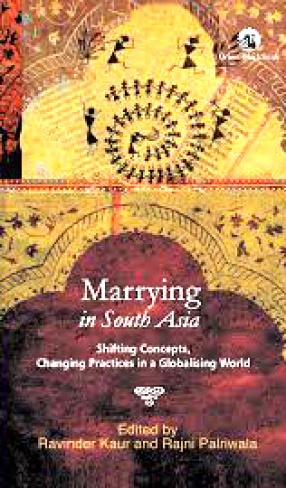
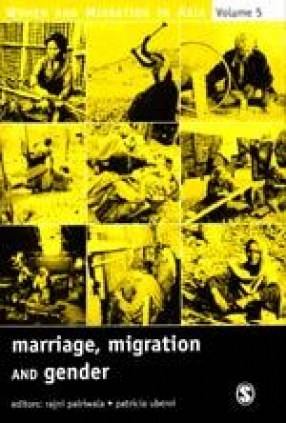
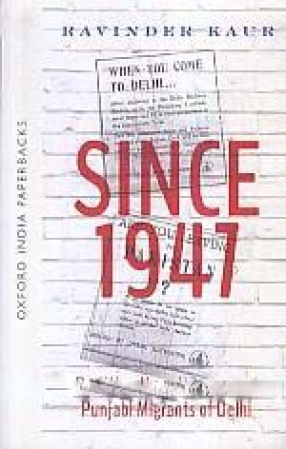
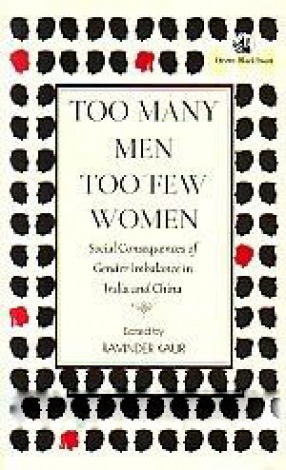
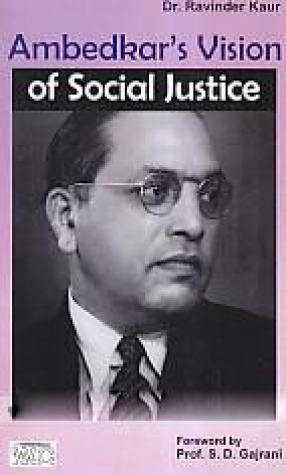
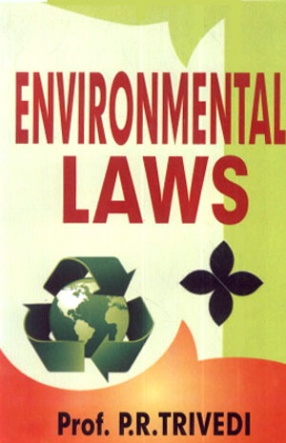
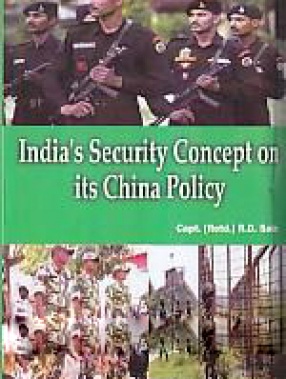
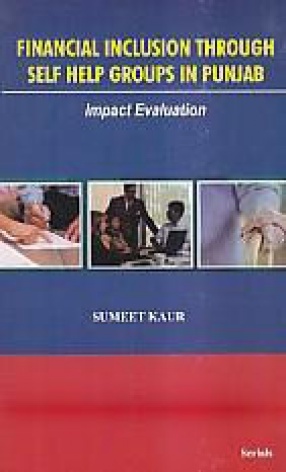
There are no reviews yet.